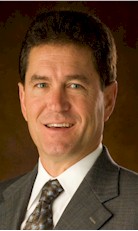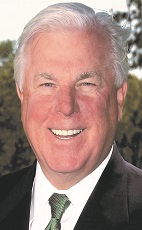
Hotels and chains are looking to meet the rising demand for more bandwidth as they ramp up their hotel group meetings business. Throughout the industry, hotels are upgrading (or have recently upgraded) their Wi-Fi to serve in-room guests. Now that these properties are growing their group meetings business, they're finding that their existing bandwidth is no longer sufficient. Problems can arise when your Wi-Fi service becomes stretched too thin. This can diminish your competitive advantage and even lose business. On a broader level, it can also damage your branding because, let's face it, few things are more frustrating that attending a conference with spotty, unreliable Wi-Fi. READ MORE



















